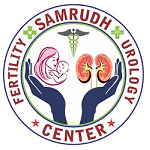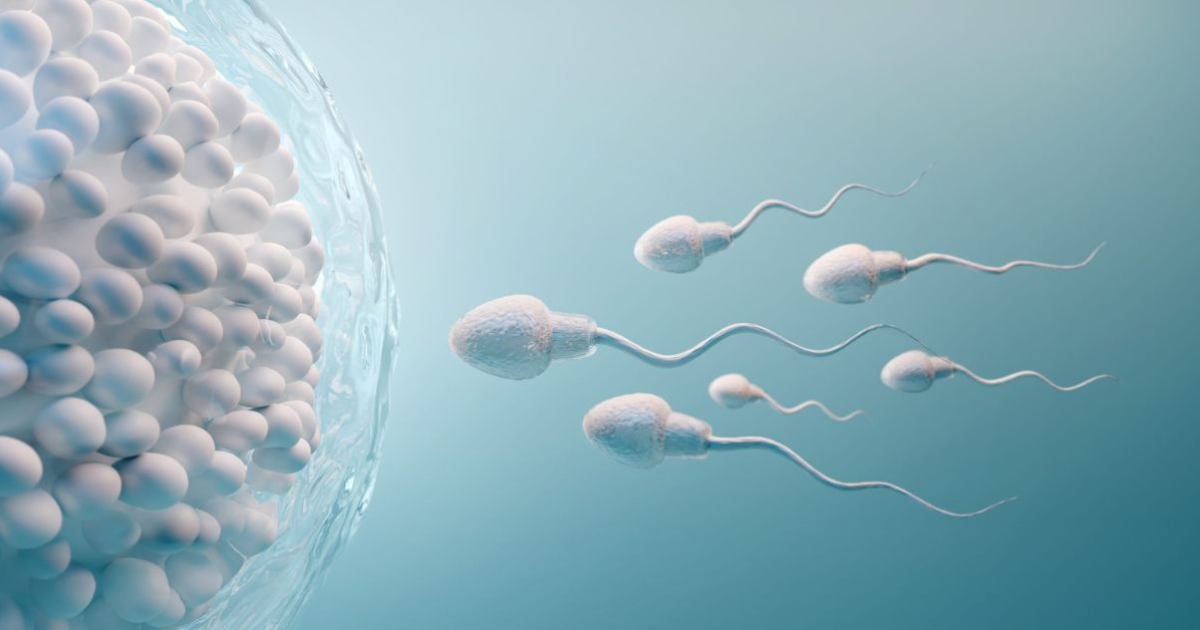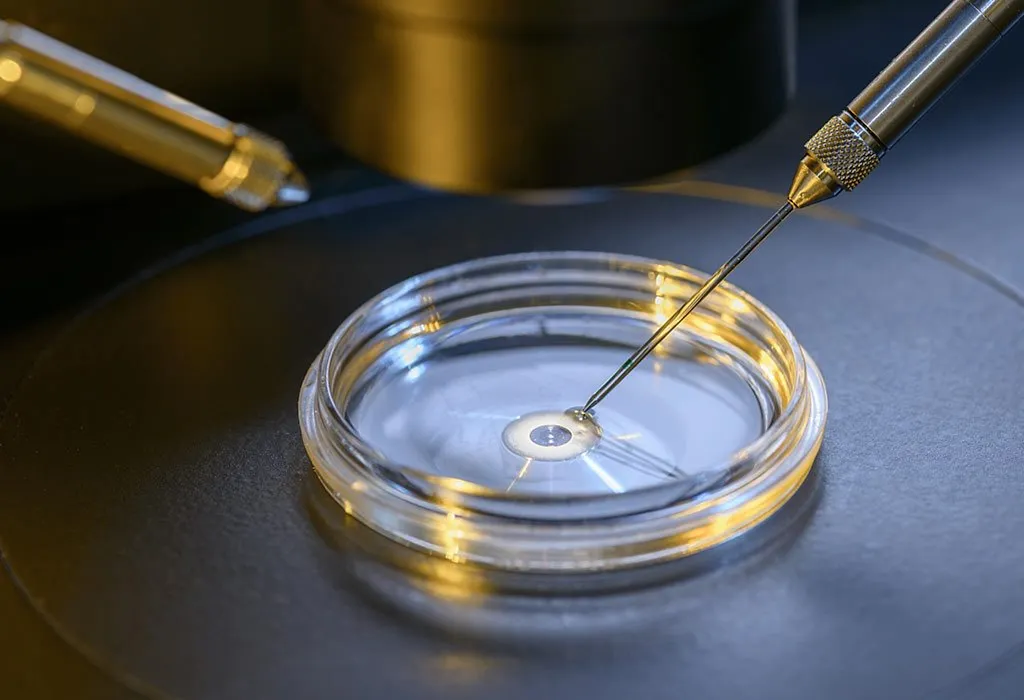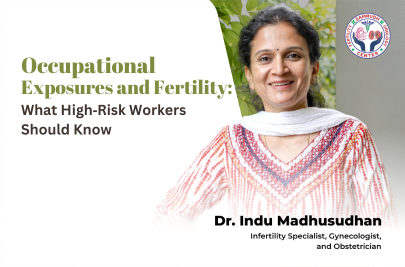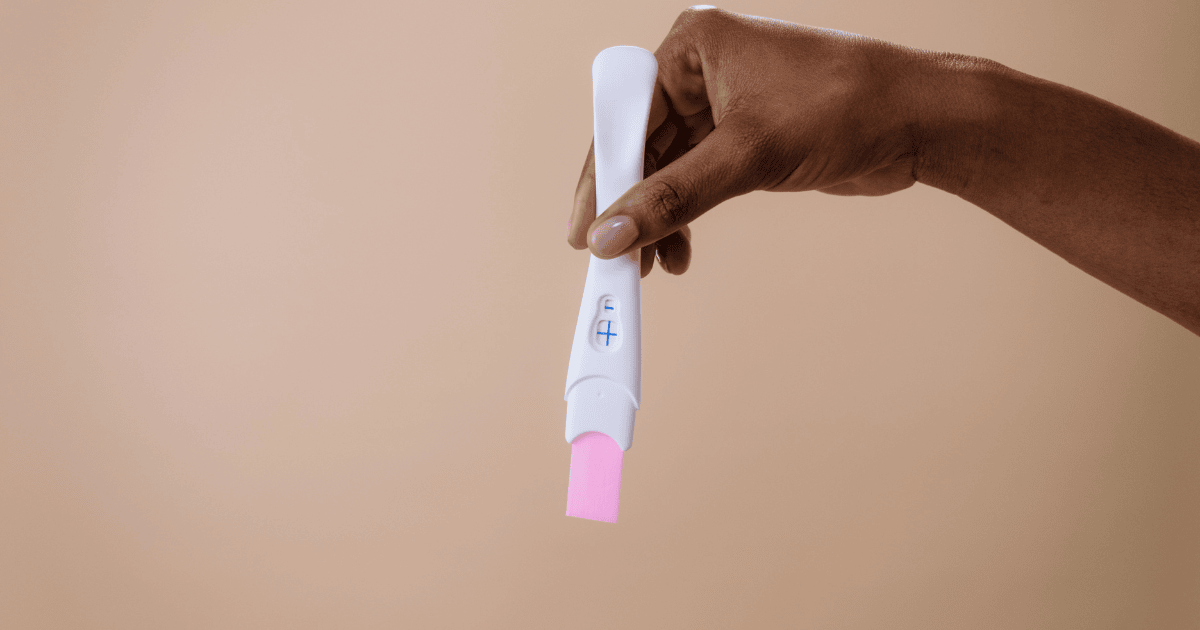Bringing a baby into the world through In Vitro Fertilization (IVF) is a remarkable medical achievement. For many couples and individuals, it represents the culmination of years of effort, emotional resilience, and hope. Alongside this excitement, one of the most common concerns remains: After how many weeks is an IVF pregnancy considered safe? The answer is not as straightforward as a single number, because safety depends on multiple medical, biological, and personal factors. However, understanding pregnancy milestones, risk periods, and medical advice can help you navigate this journey with confidence.
Understanding IVF Pregnancy
In an IVF process, mature eggs are retrieved from the ovaries and fertilized with sperm in a controlled laboratory environment. The embryos created are then transferred into the uterus, where implantation ideally occurs. While this process differs from natural conception in its initial stages, the pregnancy development that follows is biologically similar.
One important distinction in IVF is that conception dates are more accurately known, allowing for precise tracking of fetal growth and health milestones. This precision is valuable in assessing risks and determining when a pregnancy can be regarded as relatively safe.
The IVF Pregnancy Timeline
Although every pregnancy is unique, IVF pregnancies generally follow the same weekly progression as natural ones. Here’s a brief overview:
| Gestational Week | Development Milestones | Key Medical Notes |
|---|---|---|
| Weeks 1–4 | Embryo implantation and initial cell division | Highest risk of implantation failure or early miscarriage |
| Weeks 5–8 | Organogenesis (formation of major organs) | Monitoring for ectopic pregnancy or chromosomal issues |
| Weeks 9–12 | Continued organ growth, heartbeat becomes detectable | Miscarriage risk still present but gradually decreasing |
| Weeks 13–20 | Lower miscarriage risk; anatomy scan possible | Screening for fetal anomalies |
| Weeks 21–28 | Significant fetal growth; viability improves | Monitor for gestational diabetes or hypertension |
| Weeks 29–40 | Final stages of growth and lung development | Watch for preterm labor signs |
Medical professionals generally agree that once an IVF pregnancy passes 12–13 weeks, the probability of miscarriage decreases significantly, and the pregnancy enters a relatively safer phase.
When IVF Pregnancy is Generally Considered Safe
From a clinical perspective, most pregnancies — IVF or natural — are considered more stable after the completion of the first trimester (12–13 weeks). This is when:
The major organ systems are formed.
The placenta is fully functional in supporting the fetus.
The risk of early pregnancy loss drops substantially.
However, “safe” does not mean “risk-free.” Certain complications, such as preterm labor, gestational diabetes, or preeclampsia, can arise later, so continued monitoring is essential.
Factors That Influence Safety
Maternal Health
A mother’s overall health plays a decisive role in pregnancy safety. Conditions such as hypertension, thyroid imbalances, or poorly controlled diabetes can increase risks and require careful management.
Fetal Development
Even if the pregnancy crosses the first-trimester threshold, healthy fetal growth is critical. Regular ultrasounds help confirm proper organ development, heartbeat regularity, and amniotic fluid balance.
Age of the Mother
Advanced maternal age (35+) can increase risks like chromosomal abnormalities or pregnancy-related hypertension. Extra monitoring and targeted screenings may be necessary.
Lifestyle Factors
Nutrition, physical activity, and stress management directly influence pregnancy health. Maintaining a balanced diet rich in protein, iron, and folate, along with moderate activity, supports both maternal and fetal well-being.
Medical History
Previous pregnancy losses, uterine surgeries, or chronic illnesses should be disclosed to your fertility specialist to design a tailored monitoring plan.
Quality of Embryos
Embryo quality can impact implantation success and early pregnancy stability. High-grade embryos, particularly when genetically screened, have better odds of leading to a safe pregnancy.
Monitoring and Medical Check-Ups
Consistent and frequent medical check-ups are vital in IVF pregnancies. These include:
Early ultrasounds to confirm viability and rule out ectopic pregnancy.
Blood tests to track hormone levels such as hCG and progesterone.
Mid-pregnancy scans to detect structural anomalies.
Third-trimester monitoring for fetal growth, placental health, and signs of labor.
Safety Precautions During IVF Pregnancy
Adhering to recommended safety measures can improve the chances of a smooth pregnancy journey:
Regular prenatal visits to address potential issues early.
Nutritional care that focuses on meeting pregnancy-specific dietary needs.
Stress management techniques such as meditation, light yoga, or therapy.
Avoidance of harmful substances, including tobacco, alcohol, and unprescribed medications.
The Role of the Healthcare Team
The healthcare team is the backbone of a safe IVF pregnancy. Their role includes:
Guidance on medication adherence, activity levels, and nutrition.
Close monitoring to detect early signs of complications.
Addressing concerns promptly, providing reassurance and medical solutions.
Addressing Common Concerns
Is an IVF pregnancy more risky than natural conception?
While IVF pregnancies may involve higher monitoring levels due to underlying infertility causes, with proper care, outcomes are comparable to natural pregnancies.
Can IVF pregnancies go full term?
Yes. Many IVF pregnancies result in healthy, full-term deliveries when supported by good prenatal care.
Does “safe after 12 weeks” mean no risk?
No pregnancy is completely risk-free, but the statistical likelihood of complications decreases significantly after the first trimester.
Conclusion and Next Steps
An IVF pregnancy, while medically assisted in its initiation, follows the same fundamental biological principles as natural conception. Most specialists consider the pregnancy relatively safer after the 12–13 week mark, though ongoing monitoring is essential until delivery. By working closely with a trusted fertility specialist, maintaining a healthy lifestyle, and addressing concerns early, you can greatly improve your chances of a healthy and safe pregnancy.
If you are considering or currently undergoing IVF in Bangalore, Samrudh IVF offers comprehensive care from conception to delivery, ensuring you receive both advanced medical expertise and compassionate emotional support.

